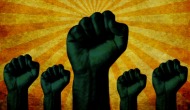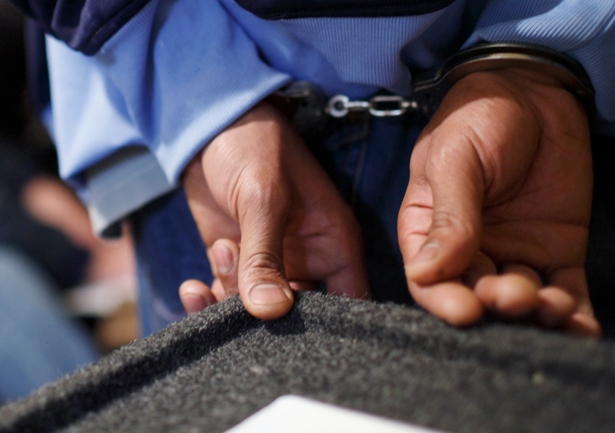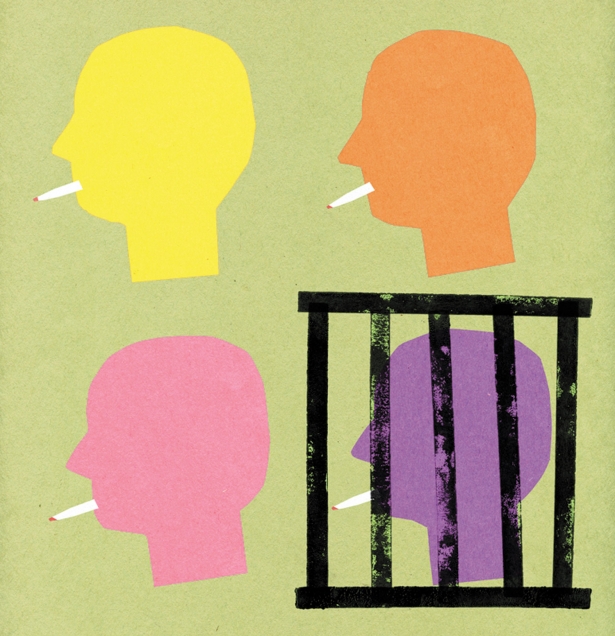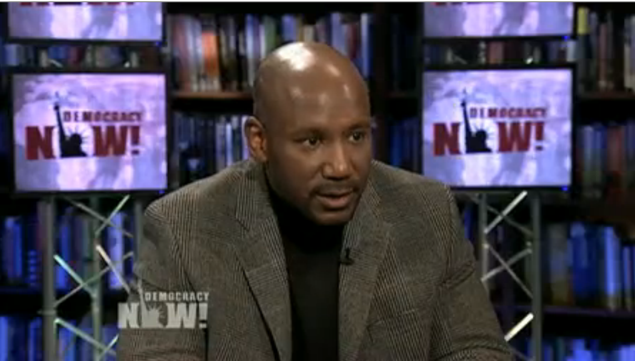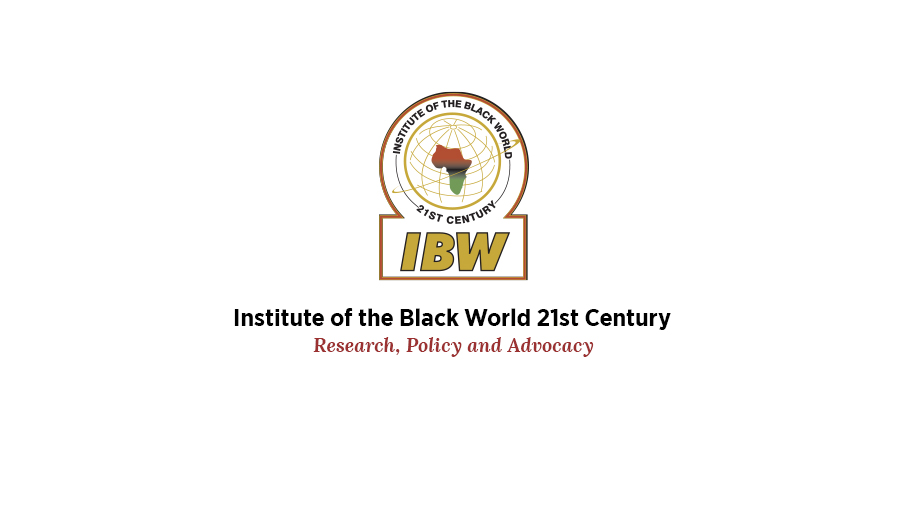
Eager to play a more active role in combating the multiple crises plaguing many inner-city neighborhoods, a committee comprised of representatives of African-centered Black professional organizations is convening a Town Hall Meeting, Friday, November 22, 7:00 – 9:30 P.M. at Resurrection Community Methodist Church, 6200 Dicks Avenue in Southwest Philadelphia.


